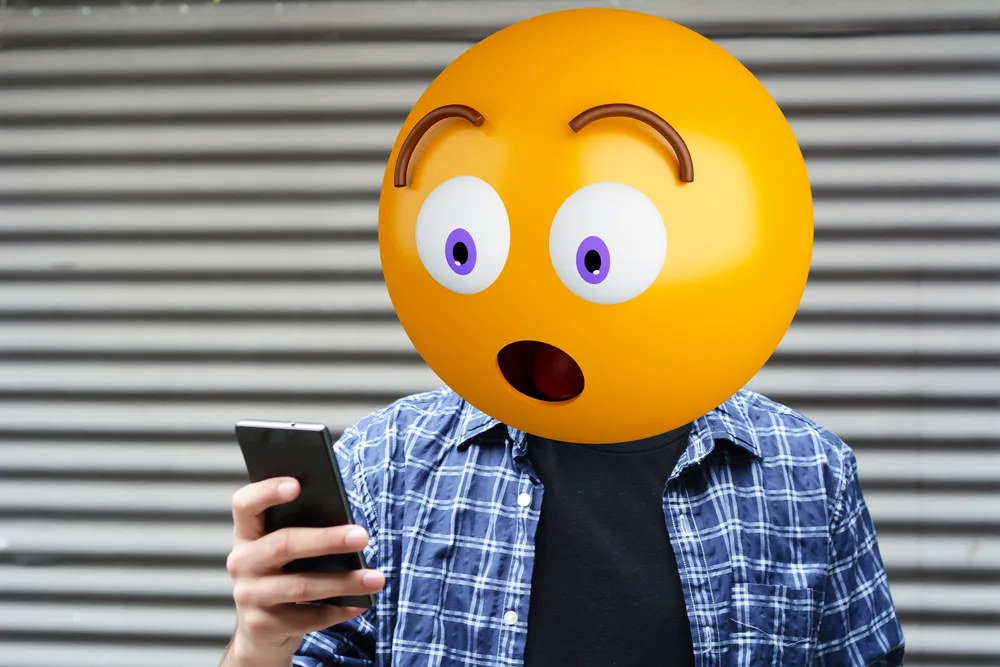
How Being Pop-Culture Savvy Helps Moderators
Over the past decade, pop culture has been remarkably influenced by the ways in which we receive and understand online content. From the development of odd languages to the prevalence of digital currency (and the diverse variations), the internet continues to redefine how we communicate and interact with our environment.
Even seemingly innocent emojis have double meanings, which certainly should not be used or endorsed by many brand pages (we’re looking at you, peach). Therefore, it’s important for those moderating content and managing social media and communities to understand these reference points. Over the years, we have witnessed many examples of brands that have dropped the ball when it comes to using pop culture references and memes for their intended message. Fortunately we more often see brands really nail the use of memes to connect with their audience.
One notable example comes from a well-known travel company that caters to an 18- to 35-year-old audience. This demographic would seem to be more receptive to this type of marketing, particularly if the ad pokes fun at a very relatable aspect of the service they offer. I mean, who hasn’t got to the airport to find that their meticulously packed suitcase is well over the allowed weight?
When a brand shares funny, relatable material, it naturally lends itself to the consumer sharing back with the brand. That’s where intelligent moderation comes in. This a fantastic marketing opportunity for brands, but it’s vital for content moderators to be able to understand the content that’s being shared.
User-generated content (UGC) can be a powerful marketing tool, but it can also go wayward. Consumers and communities are more responsive to UGC than brand content because the independent, human element implies credibility. With that comes an allowance for the consumer to utilize pop culture references which a brand may not necessarily get away with. It’s essential that content moderators who happen to come across such content in their daily work have a good understanding of memes, emojis, and their particular audience. Without this understanding, potentially inflammatory, inappropriate or even great content could pass by unchecked. Your team should constantly update their frames of reference to ensure they’re able to appropriately handle the next meme of the day.
The world of pop culture and content moderation is an ever-growing encyclopedia of delicate nuances, obscure jokes, and intricate reference points. In order to ensure that all content is understood, acted upon, or engaged with appropriately, it’s increasingly important for brand representatives to keep up with these ever-changing trends. Because even using a dated meme won’t put you in good light with the evolving crowd.

